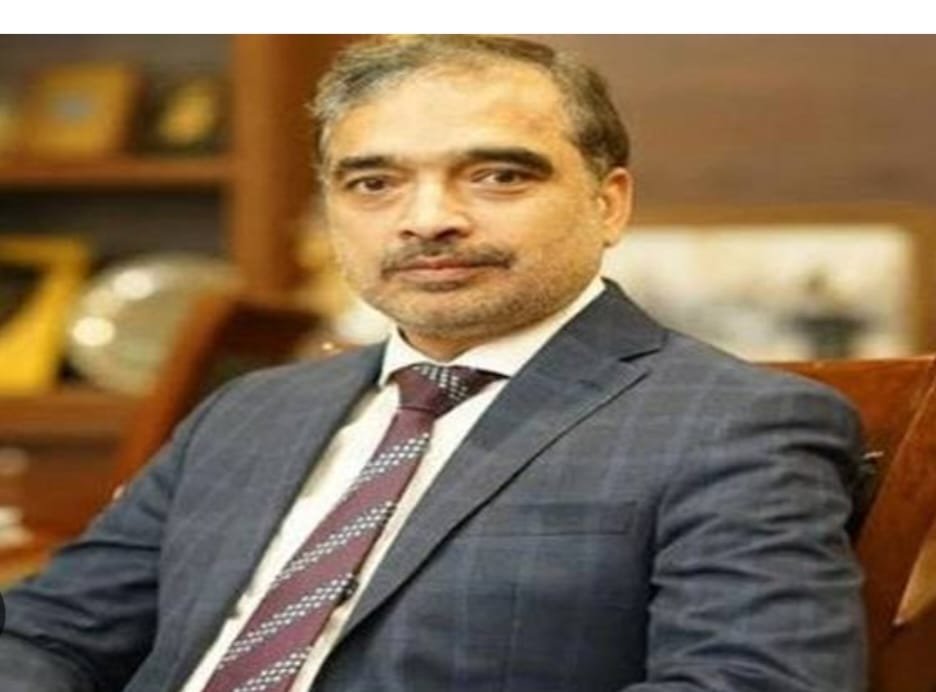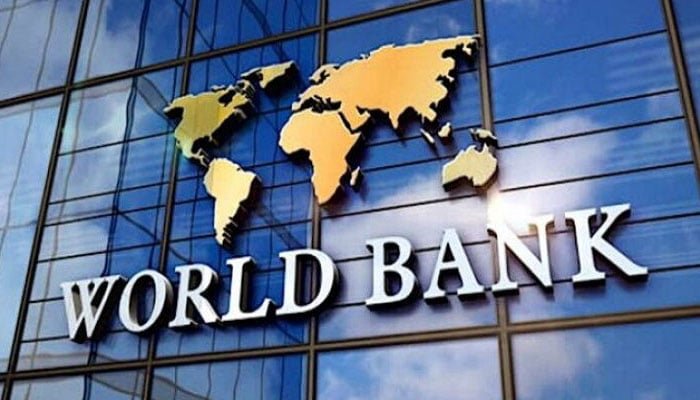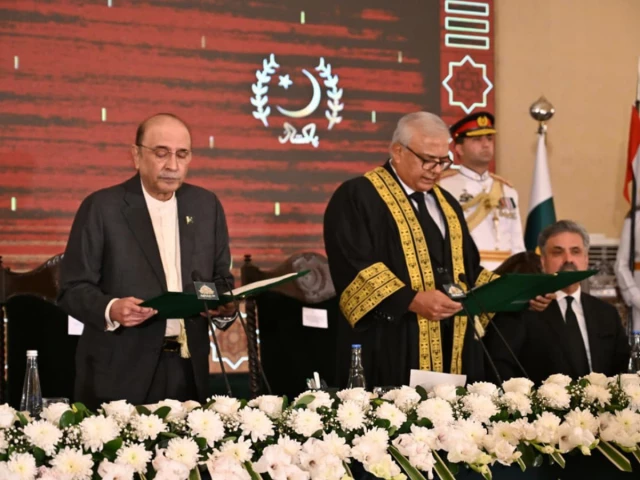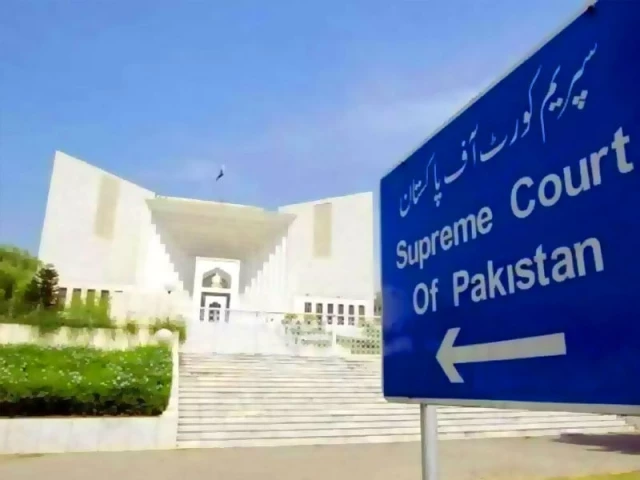LCCI Calls for Gas Price Reduction, Promotion of Renewable Energy to Boost Exports
By Staff Reporter Farzana ChaudhryLahore: The Lahore Chamber of Commerce and Industry (LCCI) has urged the government to reduce gas prices and promote renewable energy resources to ensure export-led industrial growth and economic stability. LCCI President Faheem-ur-Rehman Saigol, Senior Vice President Tanveer Ahmad Sheikh, and Vice President Khurram Lodhi, in a meeting with a delegation…
By Staff Reporter Farzana Chaudhry
Lahore: The Lahore Chamber of Commerce and Industry (LCCI) has urged the government to reduce gas prices and promote renewable energy resources to ensure export-led industrial growth and economic stability.
LCCI President Faheem-ur-Rehman Saigol, Senior Vice President Tanveer Ahmad Sheikh, and Vice President Khurram Lodhi, in a meeting with a delegation of exporters, emphasized that “affordable energy is essential to sustain industrial growth, enhance export competitiveness, and strengthen the national economy.”
The chamber leaders expressed concern over the Oil and Gas Regulatory Authority’s (OGRA) decision to increase fixed charges for domestic consumers by 50% and raise industrial and bulk user tariffs by up to 17% from July 1, 2025, terming it a harsh move for the business sector.
They highlighted that industrial gas prices in Pakistan, currently around Rs 2,350 (US$8.1/MMBtu), are much higher than in India (US$6.96) and Bangladesh (US$6.73) — making Pakistani manufacturers less competitive globally. Rising energy costs, they noted, are eroding profit margins across key sectors such as textiles, ceramics, chemicals, glass, and engineering, while also restricting access to working capital and slowing investment in technological upgrades.
The LCCI office-bearers urged the government to prioritize renewable sources — including hydel, solar, and wind — as more sustainable and cost-effective alternatives to gas and LNG, the latter being particularly expensive and heavily relied upon during winter shortages.
They maintained that lowering gas and utility tariffs would directly reduce production costs, improve the competitiveness of Pakistani exports, attract new international orders, and help build foreign exchange reserves crucial for macroeconomic stability.
They further emphasized that stable, long-term energy pricing policies developed in consultation with the business community are essential to avoid the uncertainty caused by frequent tariff revisions.
“Reducing energy prices is not merely an industrial demand but an economic necessity,” the LCCI leaders said, expressing confidence that with appropriate policy measures, Pakistan could strengthen its global trade footprint and achieve sustainable economic growth.







